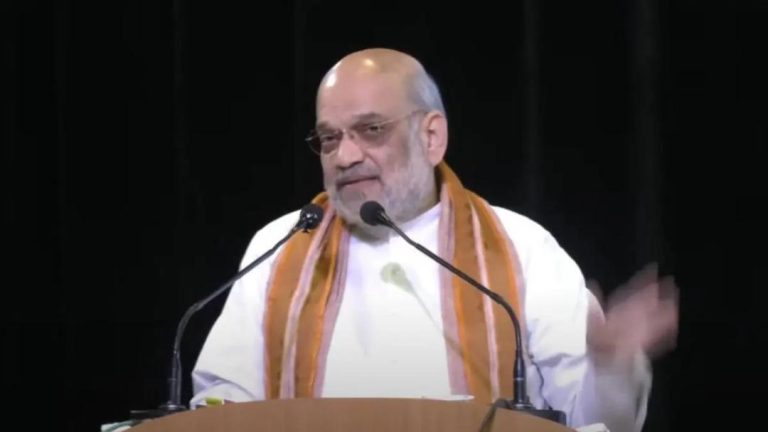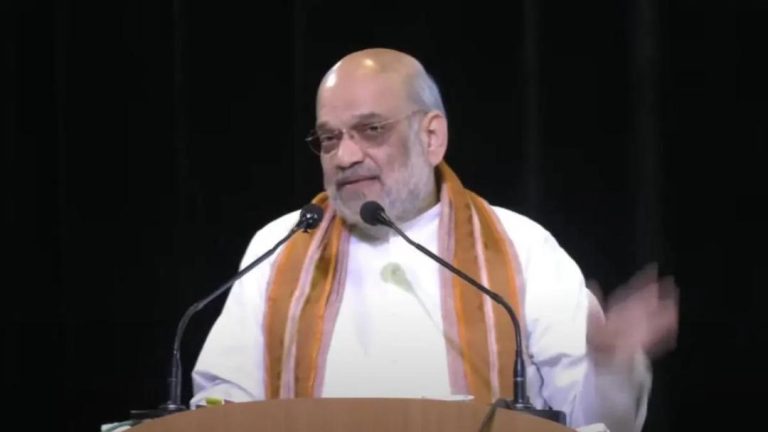
Supreme Court Denies Rape Charge in Long-Term Live-In Relationship
In a landmark judgment, the Supreme Court of India has dismissed rape charges against a man, sparking controversy and debate about the validity of live-in relationships and the lack of legal protection for women in such situations. The case revolves around a 16-year-long relationship between a lecturer and her partner, who had promised her marriage but never followed through, instead exploiting her sexually.
The woman, a lecturer in a reputed institution, had accused her partner of raping her repeatedly over the years, claiming that she had been coerced into the relationship under false pretenses. The man, on the other hand, argued that the relationship was consensual and that the woman had willingly participated in it.
The Supreme Court’s decision to reject the rape charge has raised concerns about the lack of legal protection for women in live-in relationships. Many experts argue that the court’s ruling sends a wrong message, implying that women who enter into such relationships have no recourse to legal action if their partners fail to fulfill their promises.
The case dates back to 2017, when the woman filed a complaint against her partner, alleging that he had promised to marry her but never did. She claimed that she was subjected to physical and sexual abuse throughout the relationship, including repeated rape. The man, however, denied the allegations, stating that the relationship was consensual and that the woman had willingly engaged in sexual activities with him.
The lower courts had initially accepted the woman’s complaint and convicted the man of rape. However, the Supreme Court overturned the verdict, citing the fact that the relationship had lasted for 16 years and that the woman had not been coerced into it. The court ruled that the woman’s consent to the relationship was valid, and that she had not been deceived or coerced into it.
The judgment has sparked widespread outrage and criticism, with many women’s rights activists and legal experts arguing that the court’s ruling is regressive and flawed. They point out that the woman’s consent to the relationship was obtained under false pretenses, and that she had been subjected to physical and sexual abuse throughout the relationship.
“This ruling is a setback for women’s rights in India,” said a leading women’s rights activist. “It implies that women who enter into live-in relationships have no recourse to legal action if their partners fail to fulfill their promises. It also ignores the fact that women in such relationships are often subjected to physical and sexual abuse, and that their consent is often obtained under duress.”
The judgment has also raised questions about the validity of live-in relationships in Indian law. While the Supreme Court has recognized the legitimacy of such relationships, many experts argue that there is a need for clearer legislation and guidelines on the issue.
In India, live-in relationships are not recognized as a legal institution, and couples who enter into such relationships have limited legal protections. While the Supreme Court has recognized the legitimacy of such relationships, many experts argue that there is a need for clearer legislation and guidelines on the issue.
“The lack of legal protection for women in live-in relationships is a significant concern,” said a legal expert. “It means that women in such relationships have limited recourse to legal action if their partners fail to fulfill their promises. It also ignores the fact that women in such relationships are often subjected to physical and sexual abuse, and that their consent is often obtained under duress.”
The Supreme Court’s decision has sparked widespread debate and controversy, with many experts arguing that the ruling is flawed and regressive. While the court has recognized the legitimacy of live-in relationships, it has failed to provide clear guidance on the issue, leaving many questions unanswered.
In conclusion, the Supreme Court’s decision to reject the rape charge in the case of the lecturer and her partner is a significant setback for women’s rights in India. While the court has recognized the legitimacy of live-in relationships, it has failed to provide clear guidance on the issue, leaving many questions unanswered. The ruling has sparked widespread outrage and criticism, and highlights the need for clearer legislation and guidelines on the issue.





